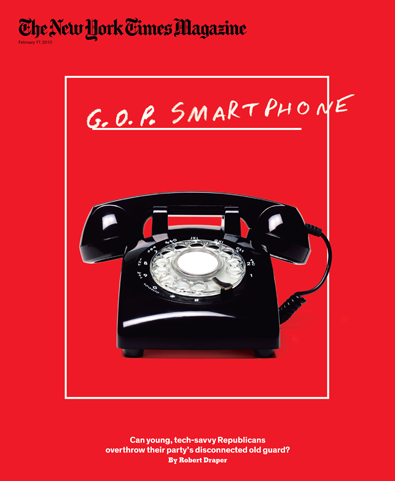SYRIEN | Barack Obamas har alltid haft en god förmåga att kommunicera sin politik. Åtminstone under valkampanjerna.
Efter sina valsegrar har han inte imponerat lika mycket. Och när det gäller krisen i Syrien har turerna varit mer komiska än statsmannamässiga.
I en krönika i Standpoint kallar t.ex. Emanuele Ottolenghi honom för Hamlet i Vita huset.
Det blir smått underhållande när han försöker reda ut vad presidenten egentligen tänker göra åt Bashar al-Assad och situationen i Syrien.
First, he told the world that ”Assad must go.” Then he told the world the use of chemical weapons constituted a red line for his Administration. Then he told the world that the extensive use of chemical weapons, with mass casualties involved, would trigger an American response. When chemical weapons were extensively used, he finally announced that he was going to launch a strike. But then he told the world he had the authority to strike but was going to seek authority from Congress to do so. Though the warships were steaming off and the missiles were loaded, he called the whole thing off and let Congress decide instead.
First, then, inaction; followed by a decision to act quickly rescinded in favour of a Congressional vote he was likelier to lose than win; and with it, a delay that could only be read as hesitancy by all the regional players, both friend and foe; and finally, in the midst of the debate before the vote, a deferral to a flight of fancy, courtesy of a Russian diplomatic offer that looks more like a pretext than a solution.
[…]
It is as if his utterances are not statements of intent and enunciations of policy but rather the educated expression of a wish or an opinion, the implementation of which will somehow fall on other people.
So when Obama said that ”Assad must go” he never apparently meant to announce a US policy; he just said, out loud, that he wished that Assad would go, much as a disgruntled football fan might wish his team’s manager to quit. When he defined the use of chemical weapons as a red line, Obama must have intended, once again, not to warn of a US-initiated response but merely to express the hope that Assad would stop short of murdering his own people with chemical weapons. Now Obama has done it again. Although Assad should be punished, Obama is not going to punish him. Although he has the authority, he will not use it. Even though diplomacy has failed, it would be nice if it were to succeed. And although Assad is like Hitler, and Obama invokes Roosevelt, the American people prefer to rebuild the economy at home rather than engage in foreign wars.
Tidskriftsomslag: Standpoint, oktober 2013.









